About Us
80’s |
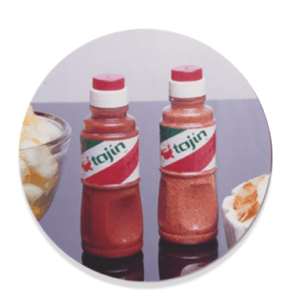
|
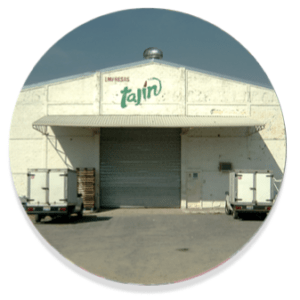
|
90’s |
2000’s |
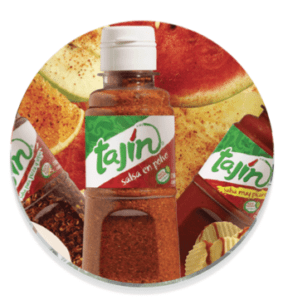
|

|
2010’s |
2020’s |
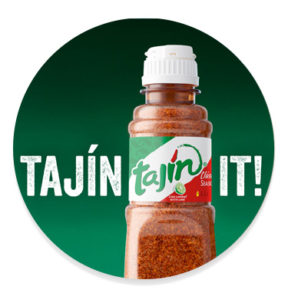
|
MissionTo produce and market products derived from the highest quality chilis on a global scale under world class standards, promoting and providing the means for families to be nourished healthily, operating efficiently with a high sense of human, social and business responsibility. VisionBe the leading company of chile products in the world by surpassing the expectations of our consumers and clients. Our PeopleOur people are our most valuable asset. We respect their human dignity and value their honesty and loyalty. |
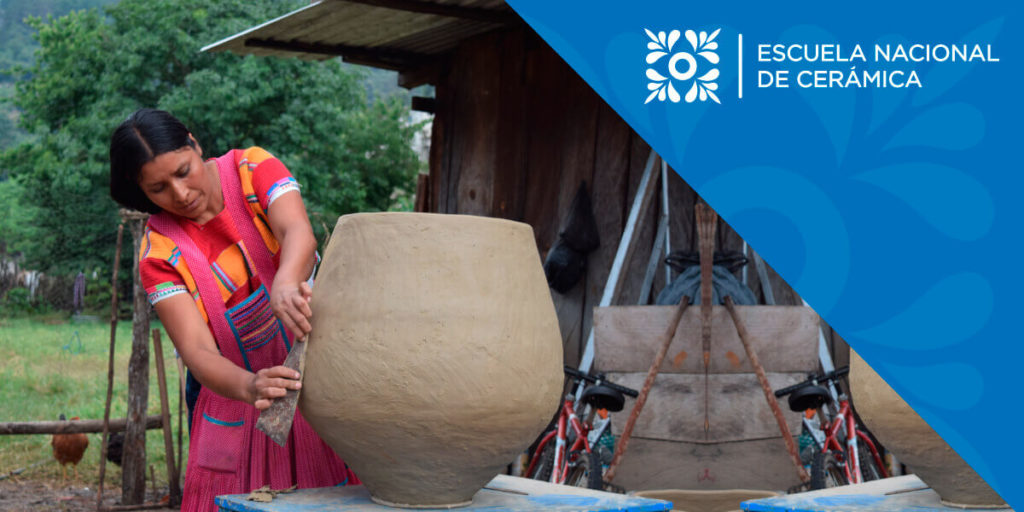
Social ResponsibilityTajín Corporation, S.A de C.V., a 100% Mexican, publicly held company active in more than 40 countries and focused on the individual has invested years searching for a social project that would encompass four fundamental characteristics:
In 2013 a proposal presented by Dr. David Aceves Barajas met all the criteria and the National School of Ceramics was born; giving life to a long-held dream of governments, politicians, intellectuals and artists dating back to the Mexican Revolution. The campus is being built on the grounds of the Hacienda de la Media Luna (Half Moon Hacienda) referenced in Juan Rulfo’s first novel. It will include residential space, dining room, classrooms, workshops, gallery, museum and retail areas for art supplies and equipment as well as finished ceramics. It will be a world class and unique project in its category. Cordially, |

